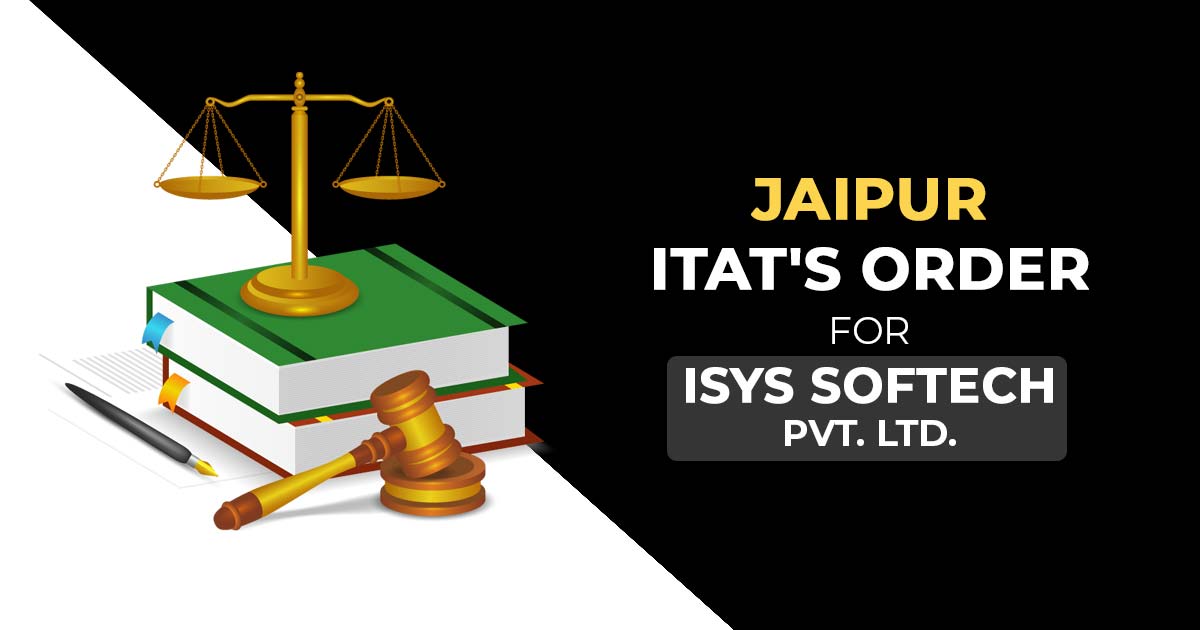
The penalty imposed for the default in not deducting the TDS on the foreign remittances has been removed by the Jaipur Bench of Income Tax Appellate Tribunal (ITAT).
The bench of Sandeep Gosain (Judicial Member) and Rathod Kamlesh Jayantbhai (Accountant Member) has followed that the taxpayer has deliberately not bypassed TDS and there is no rebellious conduct on the taxpayer’s portion.
The ITO has issued an order under Section 143(3) of the Income Tax Act, 1961. At the time of scrutiny proceedings, it was revealed that in the profit and loss account, the taxpayer’s company has debited an amount under the heading ‘Software License and Set-up Charges’ which was credited to M/s BJW Consulting Service LLC and Practice Forces- Anesthesia Billing Software.
According to Section 195(1) of the Income Tax Act, 1961, anyone responsible for paying interest or any other sum chargeable to a non-resident or foreign company must deduct income tax at the applicable rates when crediting the income or making payment, whichever happens first.
However, the taxpayer company does not make the TDS during the credit payment. Hence the AO has not permitted the amount.
After an appeal, the Income Tax Appellate Tribunal concluded that the payment made by the taxpayer fell under the definitions of royalty as per u/s. 9(1)(vi) and Article 13(2) of the Indo-US DTAA. The taxpayer was considered in default for not paying TDS, leading to a notice u/s. 271C of the Act issued on March 22, 2018. Despite the assessee’s response, the Assessing Officer upheld the default, deeming the taxpayer liable for penalty under section 271C. Subsequently, the Additional Commissioner of Income Tax (TDS) imposed a penalty of Rs. 11,46,838 on the assessee for this lapse.
The assessee argued that they hadn’t deducted TDS in good faith. Moreover, the penalty was imposed after a lapse of 4 years, which exceeds the permissible timeline. During the assessment, the Assessing Officer (AO) considered the assessee’s explanation and didn’t initiate penalty proceedings. Additionally, since the payer had no Permanent Establishment (PE) or agency agreement, the sum paid wasn’t taxable in India.
However, the department argued that admitting non-deduction of TDS under bona fide doesn’t permit waiving the penalty under the law.
The tribunal observed that the penalty imposition wasn’t justified as the assessee had a reasonable cause for the failure and the revenue had already dismissed the assessee’s claim for non-deduction of tax.
Consequently, the ITAT ruled that the penalty imposition was nullified due to the genuine and justifiable reasons behind not deducting TDS.
| Case Title | Isys Softech Pvt. Ltd. Vs ITO |
| Case No | ITA No. 528/JP/2023 |
| Date | 22-11-2023 |
| Assessee by | Sh. G. M. Mehta |
| Respondent by | Smt. Monisha Choudhary |
| Jaipur ITAT | Read Order |